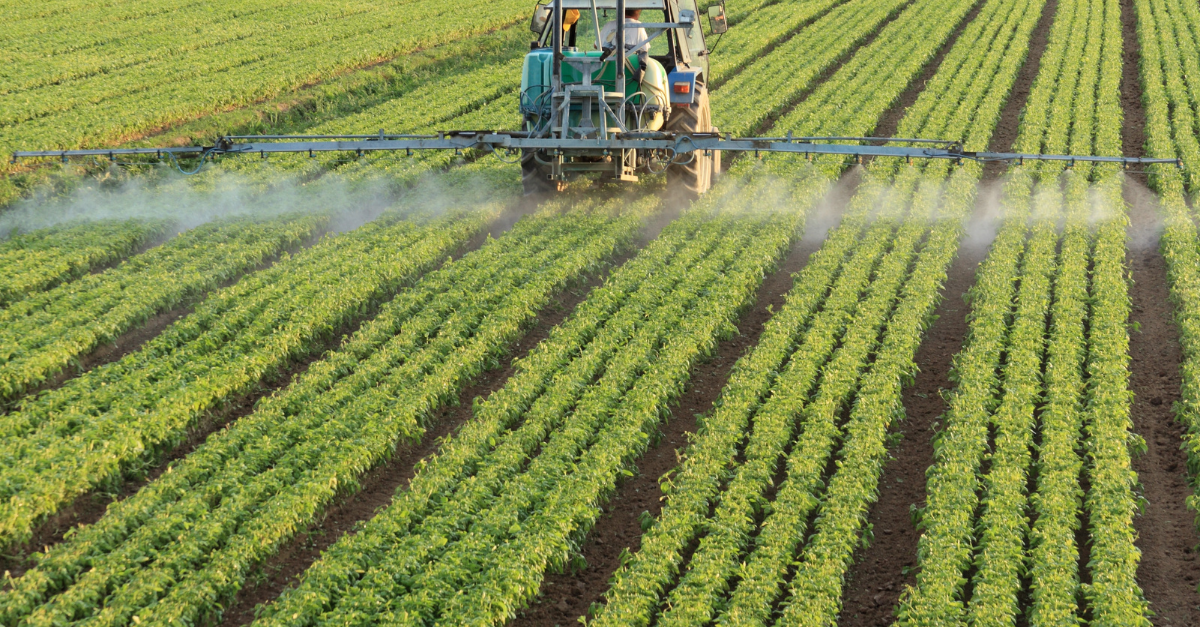
With no “plan B,” Brazil seeks alternative fertilizer sources
Mar, 03, 2022 Posted by Gabriel MalheirosWeek 202209
Tereza Cristina, Brazil’s Minister of Agriculture, wants to find new fertilizer suppliers to ensure that an eventual interruption of potash and urea exports from Russia will not prevent domestic demand from being met. Besides Brazil, this is what all countries that import these inputs are doing in response to the impacts caused by the war on the fertilizer market – and there is no “plan B.”
The government also plans to remove logistical obstacles at ports to facilitate the reception of fertilizers in the coming months. In addition, the Brazilian Agricultural Research Corporation (Embrapa) is providing producers with technical guidelines on how to reduce the use of fertilization techniques while maintaining yields.
Next week, the minister is flying to Canada to conduct a “more definitive” conversation with businessmen in the country she recently met by videoconference to try to expand potash sales to Brazil. Canada is the world’s largest producer of the input and is considering reactivating mines to fill part of the deficit that could arise from struggles in Eastern Europe.
There is great skepticism in the market towards the existence of immediately-available volumes of potash to compensate for the lost Russian supply. Many sector representatives also criticized the minister’s statements that there is a large enough carry-over stock in Brazil to secure the fertilization of crops until October.
In a press conference held yesterday (03/02), the minister said she is also seeking dialogue with Chile to increase potash imports. In addition, she also wants to expand conversations with Middle Eastern countries, such as Saudi Arabia and Qatar, which produce oil and urea, essential to Brazilian agriculture. Currently, the country imports large quantities from Russia.
Another pressing concern is logistics. “The ports have to be prepared for the landing of fertilizers. We have initiated a conversation with the Ministry of Infrastructure and the Federal Revenue Service so that, in two or three months from now, we will have a faster flow of fertilizers arriving at our ports,” she said.
Finally, over the minister’s desk rested the National Fertilizer Plan (NFP), which will be officially announced by the end o the month, a few days before Cristina will leave the office. Without further details, the minister recalled that NFP will provide tax breaks and guarantee investments in the domestic sector, granting increased flexibility to issuing environmental licenses while maintaining secure-enough standards.
Nonetheless, experts point out sources available in Brazil are more limited than the plan suggests. Thus, the governmental program may not be able to solve the most immediate problems and fail to prosper in the long term.
Aside from being scarce, natural fertilizer deposits in Brazil face strong opposition from environmentalists. Many discovered deposits are near or within indigenous reserves, and others have low nutrient levels.
Source: Valor Econômico
To read the full original article, please read:
-
Ports and Terminals
Sep, 23, 2019
0
Port of Fortaleza begins fruit shipments of the 2019-2020 harvest
-
Oct, 27, 2023
0
Exporters competition drive mango prices up in Brazil
-
Shipping
Jul, 13, 2020
0
Log-In Logística gets a new CEO
-
Ports and Terminals
Feb, 07, 2024
0
Brazil’s Porto Alegre performs simultaneous operation of ships



